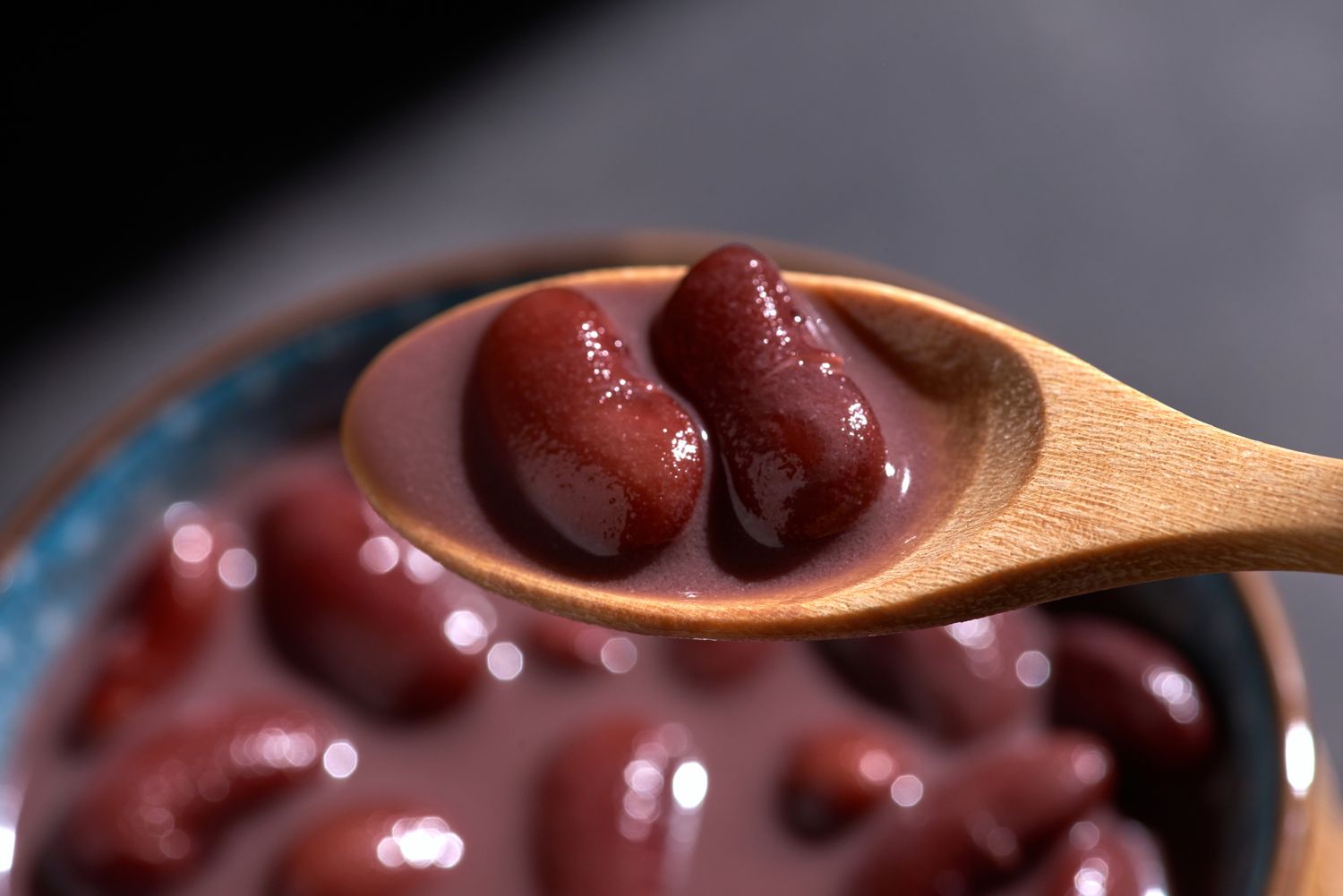Calcium, alcohol, and certain plant compounds, like lectins, tannins, and phytates, or phytic acid, can make it harder for your body to absorb zinc. Here are seven foods to avoid when taking zinc supplements to maximize absorption.
1. Kidney Beans
PeterHermesFurian / Getty Images
Kidney beans and other legumes, like chickpeas and pinto beans, contain phytates, “antinutrients” that block zinc absorption.
However, cooking and soaking beans reduces the phytates, making it easier to absorb zinc, according to Leah Oldham, RDN, a registered dietitian nutritionist at Henry Ford Health in Detroit.
2. Peanuts
nilimage / Getty Images
Like kidney beans, peanuts contain phytates that can interfere with zinc absorption.
Peanuts and other high-phytate foods only block absorption if consumed with zinc supplements. Taking the supplements two hours before or after eating these foods can minimize interference, according to Debbie Petitpain, MBA, RDN, a Charleston-based registered dietitian and spokesperson for the Academy of Nutrition and Dietetics.
3. Coffee
Catherine Falls Commercial / Getty Images
Coffee and tea contain antioxidant plant compounds such as polyphenols and tannins, which can “modestly” cut down on zinc absorption, Oldham said.
Adding a splash of milk to your beverages also introduces calcium, which competes with zinc absorption.
“If you drink coffee or tea regularly, try to separate them from zinc by at least 30 to 60 minutes,” Oldham added.
4. Yogurt
wilatlak villette / Getty Images
Calcium supplements and dairy products like yogurt and cheese can make it harder for your body to absorb zinc and iron. These minerals compete for absorption in the intestines, so you should space them out, said Oldham.
“If you’re taking iron or calcium supplements, consider splitting them up and taking zinc in the morning and iron or calcium later in the day,” Oldham added.
5. Oats
Arx0nt / Getty Images
Oats and other high-fiber, whole-grain foods contain phytates, which block zinc absorption.
6. Fortified Beverages
manusapon kasosod / Getty Images
Like dairy milk, fortified almond, soy, and rice milks contain calcium that can interfere with zinc absorption.
7. Excessive Alcohol
Las nuevas guías Directrices Dietéticas para los americanos 2015-2020 recomiendan limitar el consumo de alcohol en adultos a una bebida o trago al día para mujeres y 2 bebidas al día para varones.
Tetra Images – Jamie Grill / Getty Images
Drinking excessive amounts of alcohol can prevent intestinal zinc absorption. For this reason, people with alcohol use disorder often need zinc supplements.
People who drink in moderation should still space out zinc supplements and alcoholic beverages, since alcohol can irritate the stomach lining and reduce absorption, Oldham said.
Do You Really Need Zinc Supplements?
Since zinc competes with many other compounds, you may want to take zinc supplements on an empty stomach. However, this can cause gastrointestinal issues for some people, according to Emma M. Laing, PhD, RDN, FAND, clinical professor and director of dietetics at the University of Georgia.
“It may help to take it with a low-phytate, low-calcium, or non-dairy snack and a beverage other than tea or coffee,” Laing told Verywell in an email.
Many plant-based foods have zinc-blocking compounds, so people following a vegetarian or vegan diet often need zinc supplements.
Others take zinc to prevent the common cold. Research on its effectiveness is mixed, but zinc is unlikely to stop you from getting sick. At most, it might just help reduce the duration of your cold.
“For most people, a balanced diet provides adequate zinc. Supplements are generally recommended only when there is a diagnosed deficiency, increased needs, such as post-surgery, certain chronic conditions, or under medical guidance,” Petitpain said.
High-zinc food sources include oysters, beef, fortified breakfast cereals, pumpkin seeds, and lentils.
Verywell Health uses only high-quality sources, including peer-reviewed studies, to support the facts within our articles. Read our editorial process to learn more about how we fact-check and keep our content accurate, reliable, and trustworthy.
Harvard T.H. Chan School of Public Health. Are anti-nutrients harmful?
Chondrou T, Adamidi N, Lygouras D, Hirota SA, Androutsos O, Svolos V. Dietary phytic acid, dephytinization, and phytase supplementation alter trace element bioavailability—a narrative review of human interventions. Nutrients. 2024;16(23):4069. doi:10.3390/nu16234069
Colorado State University. What are polyphenols? Another great reason to eat fruits and veggies.
Harvard T.H. Chan School of Public Health. Calcium.
Chen O, Mah E, Dioum E, et al. The role of oat nutrients in the immune system: a narrative review. Nutrients. 2021;13(4):1048. doi:10.3390/nu13041048
National Institutes of Health. Zinc fact sheet for health professionals.
Nault D, Machingo TA, Shipper AG, et al. Zinc for prevention and treatment of the common cold. Cochrane Database Syst Rev. 2024;2024(5). doi:10.1002/14651858.CD014914.pub2

Thanks for your feedback!
What is your feedback?
Helpful
Report an Error
Other

